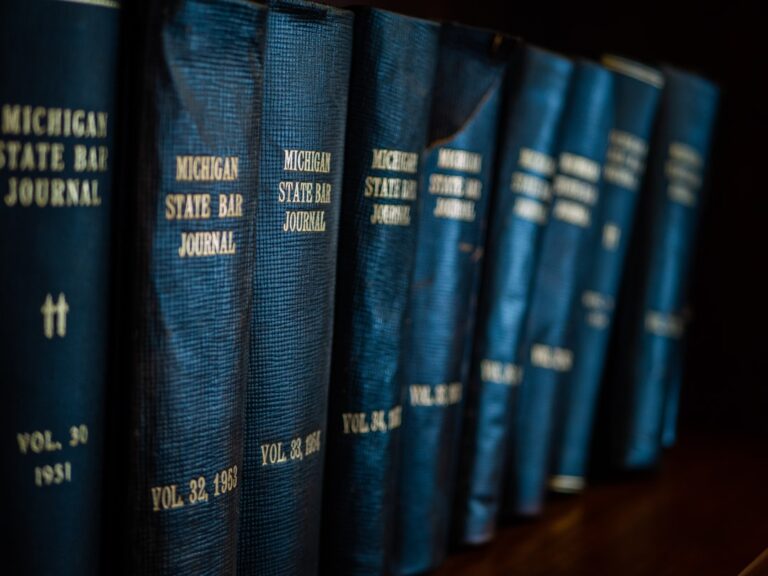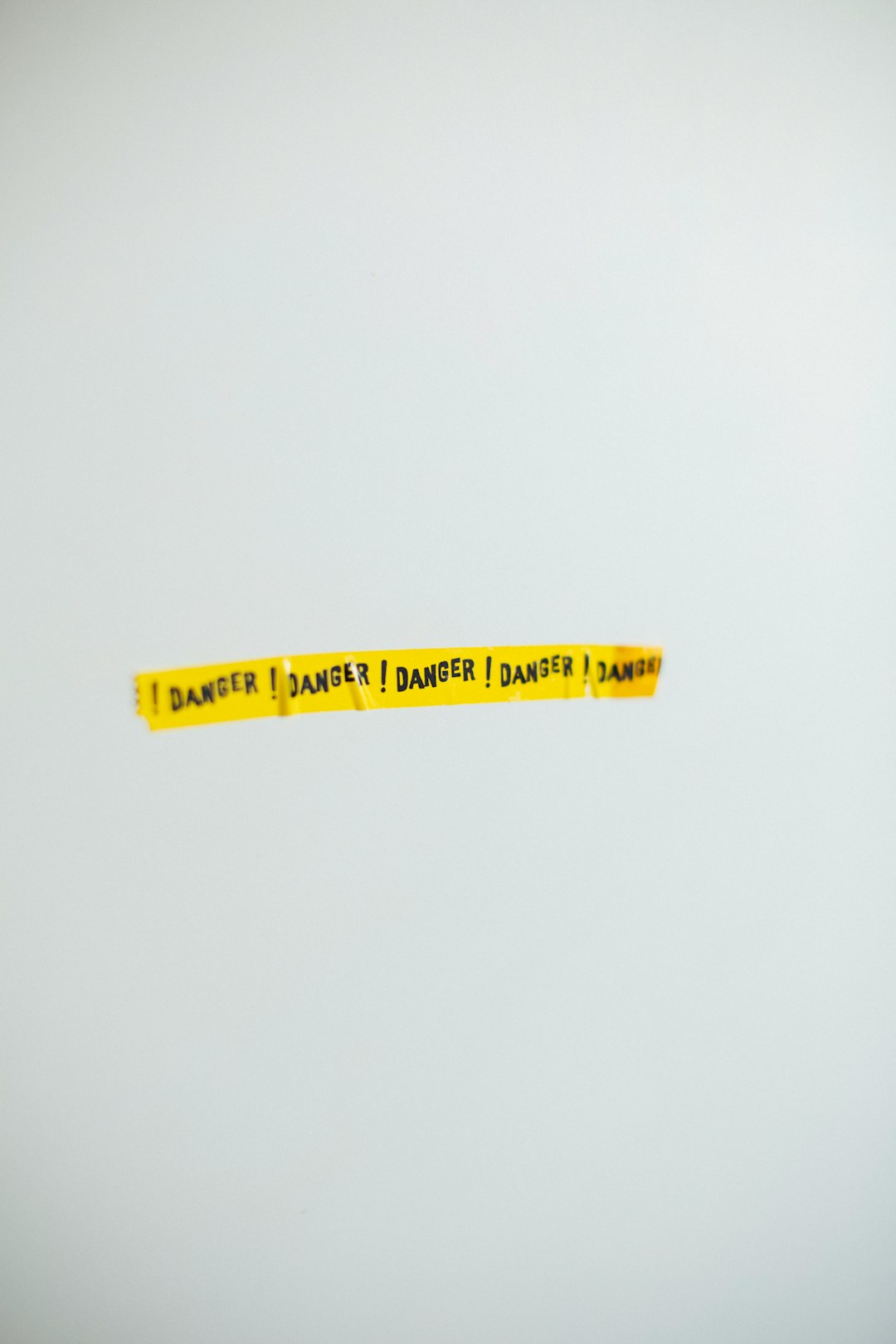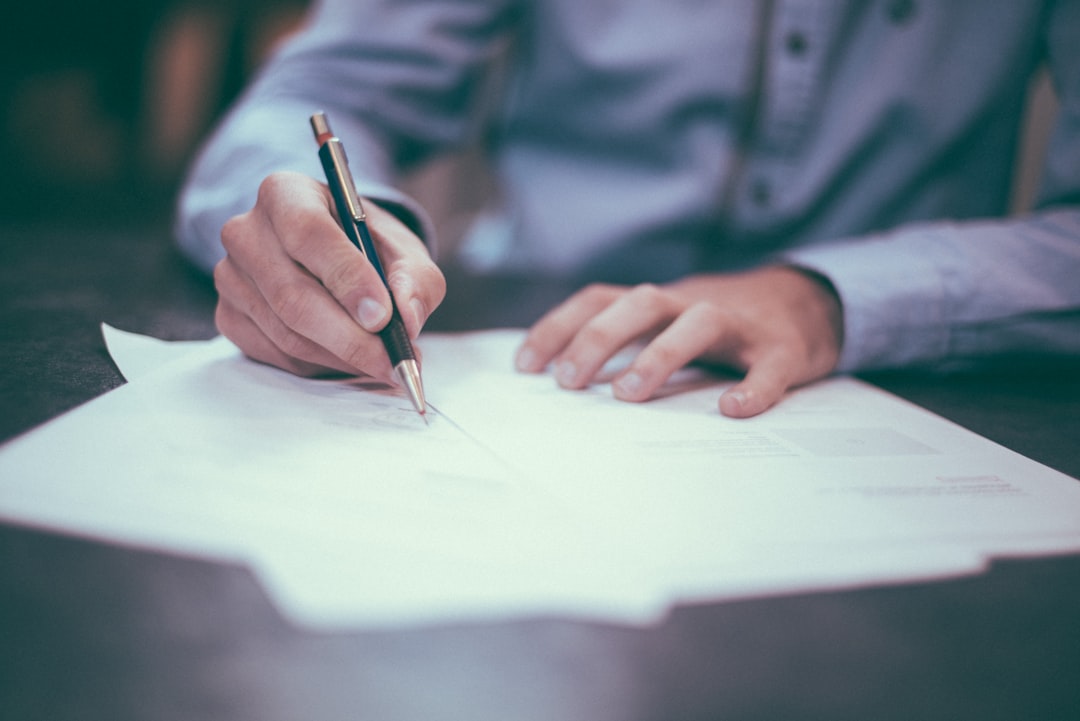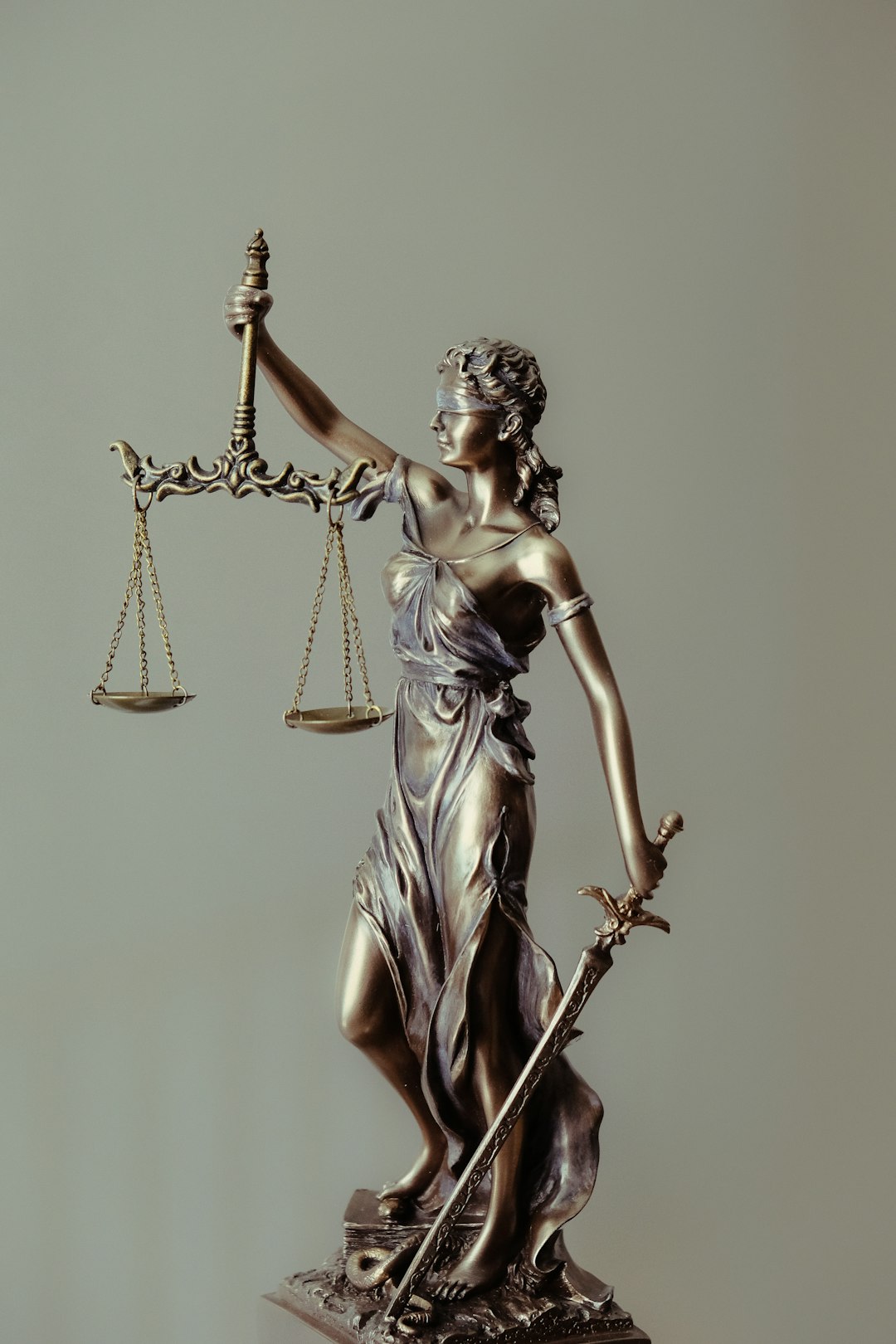Sexual assault attorneys in San Francisco CA are experts in navigating DNA evidence complexities. They ensure proper handling, stay updated on forensic science, and employ cutting-edge techniques to protect client rights. By scrutinizing procedural steps and statistical interpretations, they challenge DNA evidence to achieve just outcomes in sexual assault prosecutions.
In San Francisco, sexual assault attorneys face a unique challenge: navigating complex DNA evidence in trials. Understanding how DNA is used in these cases is crucial. This article delves into the intricate world of DNA analysis, exploring the challenges faced by San Francisco lawyers and the strategic approaches they employ to disprove or question DNA results. Armed with this knowledge, sexual assault attorneys better equip themselves to protect their clients’ rights.
Understanding DNA Evidence in Sexual Assault Cases

In sexual assault cases, DNA evidence plays a pivotal role in establishing culpability or exonerating individuals. Collected from various sources like bodily fluids, skin cells, or hair follicles, this scientific data can be incredibly compelling for prosecutors and devastating for accused individuals. However, it’s not infallible. San Francisco lawyers specializing in sexual assault cases understand the intricacies of DNA analysis and its potential for misinterpretation or contamination. They meticulously scrutinize every step of evidence handling to ensure its integrity and reliability.
These legal experts also leverage advancements in forensic science to challenge DNA evidence. With ongoing research and technology developments, new methods for extraction, testing, and interpretation emerge, offering more precise results. Sexual assault attorneys in San Francisco CA stay at the forefront of these innovations, utilizing cutting-edge techniques to protect their clients’ rights and ensure fair trials. They work tirelessly to expose any procedural errors or scientific flaws that could compromise the case, ultimately advocating for justice and accuracy in sexual assault prosecutions.
Challenges Faced by San Francisco Lawyers in DNA Analysis

San Francisco lawyers specializing in sexual assault cases face unique challenges when it comes to DNA evidence. With advancements in technology, DNA analysis has become a powerful tool for prosecutors, but it also presents intricate complexities that defense attorneys must navigate. One significant hurdle is interpreting and questioning the reliability of DNA results, as even the slightest contamination or human error during collection and handling can compromise the integrity of the evidence.
These legal professionals need to stay updated on the latest scientific methods and research related to DNA profiling to effectively challenge its admissibility in court. They employ expert witnesses and utilize sophisticated techniques to cross-examine laboratory analysts, ensuring that the jury understands the potential pitfalls and uncertainties associated with DNA analysis. The meticulous examination of procedural steps, chain of custody issues, and statistical interpretations is crucial for sexual assault attorneys in San Francisco CA to achieve just outcomes for their clients.
Strategies Used by Sexual Assault Attorneys to Disprove DNA Results

Sexual assault attorneys in San Francisco CA employ a range of strategies to challenge DNA evidence presented in court. One common approach is to scrutinize the collection and handling process, highlighting any potential contamination or procedural errors that could impact the reliability of the results. These lawyers often demand detailed records and strict adherence to forensic protocols to ensure the integrity of the evidence.
Additionally, experts retained by these attorneys analyze the DNA data critically, looking for anomalies or inconsistencies. They may question the statistical interpretation of the findings, pointing out that low-level contaminations can produce false positives. By presenting alternative explanations and expert opinions, sexual assault attorneys aim to sow reasonable doubt in the minds of jurors, ultimately working towards achieving just outcomes for their clients.






